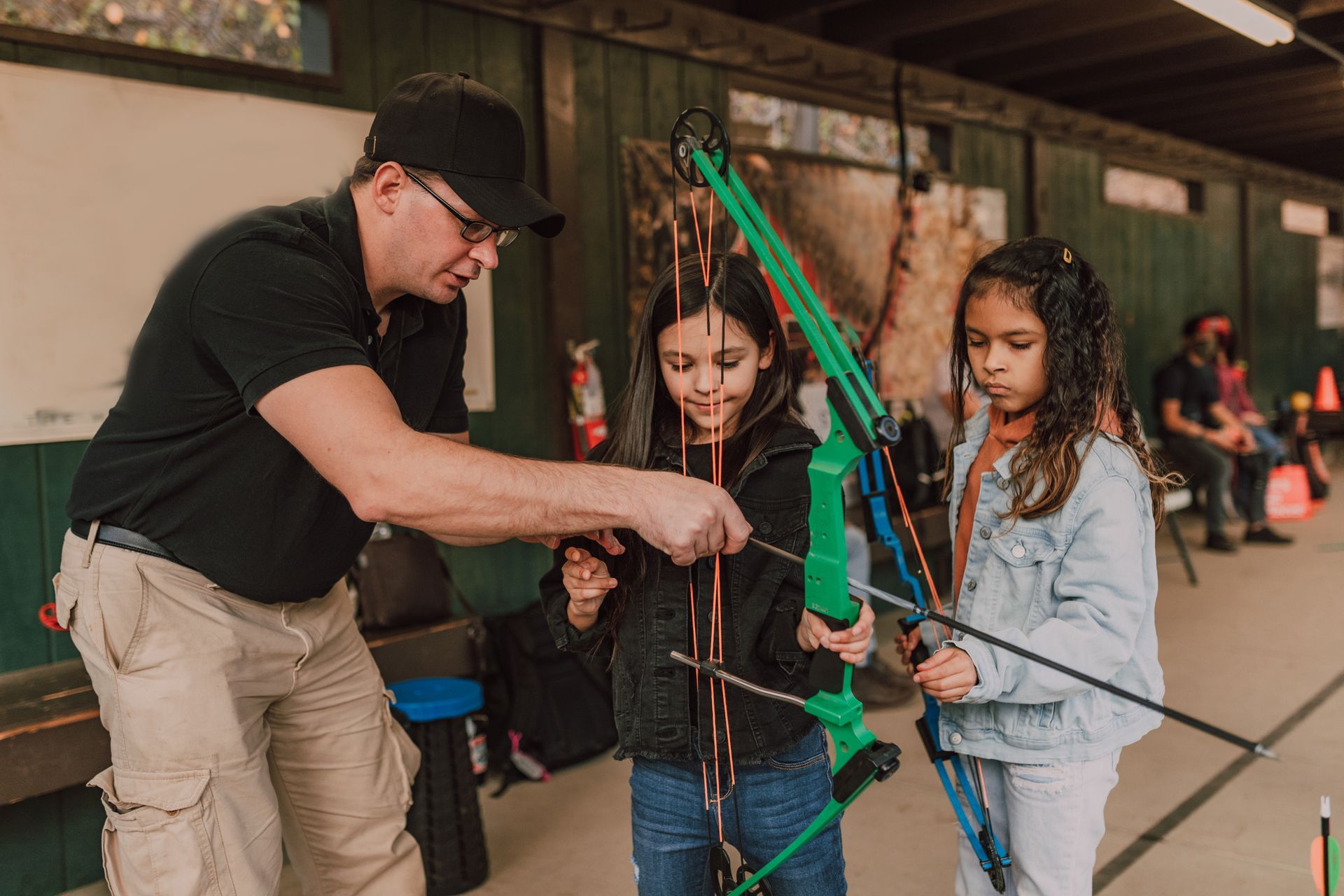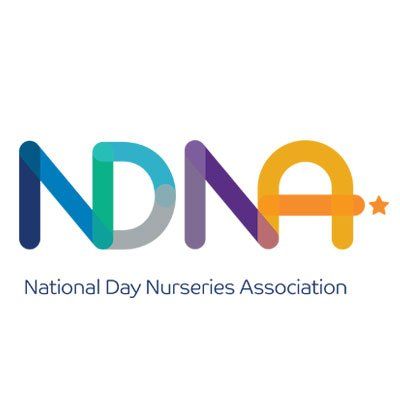Finding and Utilising Local Childcare Resources
Finding and Utilising Local Childcare Resources

Finding quality childcare is a crucial aspect of modern parenting, providing a safe and nurturing environment for children while allowing parents to pursue their careers and other responsibilities. In the UK, a wide range of childcare options is available, each catering to different needs and preferences. This guide aims to help parents navigate local childcare resources, understand the various options, and make informed decisions that best suit their family.
Understanding Your Childcare Needs
Before exploring the available childcare options, it is essential to determine your specific needs. Consider whether you require full-time or part-time care, and the age-specific requirements for your child. Assessing your budget constraints and the proximity of childcare facilities to your home or workplace are also crucial factors in making the right choice.
Types of Childcare Options Available in the UK
The UK offers several types of childcare options, including nursery schools, childminders, nannies, after-school clubs, holiday schemes, playgroups, and pre-schools. Each type has its unique features, benefits, and costs, allowing parents to choose what works best for their circumstances.
Nursery Schools
Nursery schools provide early education and care for children, typically aged three to five. They offer structured activities designed to support early learning and development. While nursery schools can be beneficial for socialising and preparing children for primary school, they may have higher costs and limited availability.
Childminders
Childminders are self-employed caregivers who provide childcare in their own homes. They offer a more personal and flexible approach, often with smaller groups of children. Childminders must be registered with regulatory bodies, ensuring they meet specific standards. Finding a reliable childminder involves checking their credentials and references.
Nannies
Nannies provide childcare in the family's home, offering personalised and dedicated care. They can be live-in or live-out and often have specific training in childcare. Nannies can be a more expensive option but provide a high level of convenience and flexibility. Parents can find qualified nannies through agencies and personal recommendations.
After-School Clubs and Holiday Schemes
After-school clubs and holiday schemes offer additional care and activities for school-aged children outside of regular school hours. These programs are ideal for working parents, providing a safe and engaging environment for children. They can be found through schools, local councils, and community organisations.
Playgroups and Pre-Schools
Playgroups and pre-schools are informal settings where young children can play and learn in a group environment. These programs are less structured than nursery schools and are often community-led. They are a cost-effective way to introduce children to socialising and early learning.
Government Support and Funding
The UK government offers various schemes to support families with childcare costs, including tax-free childcare, childcare vouchers, and free childcare hours for eligible children. Understanding the eligibility criteria and application processes for these schemes can significantly reduce the financial burden of childcare.
Finding Childcare Resources
Local authority websites are a valuable resource for finding childcare options in your area. Online directories, parent recommendations, community noticeboards, and social media groups can also provide useful information on available childcare services.
Evaluating Childcare Providers
When choosing a childcare provider, consider factors such as location, cost, availability, and the provider's qualifications. It is essential to visit potential providers, interview them, and check references and reviews. Understanding Ofsted ratings can also help assess the quality and standards of childcare services.
Making the Most of Your Childcare
Building a strong relationship with your childcare provider is key to ensuring a positive experience for your child. Communicate your child's needs, preferences, and any concerns regularly. Staying involved and informed about your child's activities and progress will help create a supportive and collaborative environment.
Balancing Work and Childcare
Managing work and childcare responsibilities can be challenging. Exploring flexible working arrangements, such as remote work or adjusted hours, can help balance these demands. Some employers also offer support and benefits for working parents, which can be beneficial.
Common Challenges and Solutions
Parents often face challenges such as separation anxiety, transitions between different types of childcare, and ensuring consistency in care. Addressing these issues involves preparing your child for changes, maintaining routines, and seeking support from childcare providers.
Future Trends in Childcare
The childcare sector is continuously evolving, with technology playing a significant role in enhancing care and communication. Emerging models, such as shared nannies and micro-schools, offer new solutions for families. Staying informed about these trends can help parents make forward-looking childcare decisions.
Conclusion
Finding and utilising local childcare resources in the UK involves understanding your needs, exploring various options, and making informed choices. By leveraging available resources, government support, and effective communication with providers, parents can ensure their children receive quality care and a positive early learning experience.
FAQs
1. What is the average cost of childcare in the UK?
The cost of childcare varies depending on the type and location. On average, parents can expect to pay between £250 and £450 per week for full-time nursery care for a child under two.
2. How can I verify the credentials of a childcare provider?
You can verify a childcare provider's credentials by checking their registration with regulatory bodies, such as Ofsted, and reviewing their inspection reports. Asking for references and speaking with other parents can also provide insights.
3. What financial support is available for working parents?
Financial support options include tax-free childcare, childcare vouchers, and free childcare hours for eligible children. Eligibility and application processes vary, so it's important to check the specific requirements for each scheme.
4. How do I handle separation anxiety in young children?
Gradually introducing your child to the new environment, maintaining a consistent routine, and providing comfort items can help ease separation anxiety. Communicating with your childcare provider for additional support is also beneficial.
5. Are there any free childcare options available?
Yes, the UK government offers free childcare hours for eligible 2, 3, and 4-year-olds. These programs provide up to 30 hours of free childcare per week, depending on eligibility criteria.
GLOBAL KIDS DAY CARE LIMEHOUSE
Lascar Wharf Community Centre, Limehouse, London, E14 7FN. | Tel: 0207 001 1210 Email: limehouse@globalkidsdaycare.co.uk
GLOBAL KIDS DAY CARE MILE END
21 Burdett Road, Mile End, London, E3 4TU. | Tel: 0208 980 1706 Email: mile-end@globalkidsdaycare.co.uk
GLOBAL KIDS DAY CARE ALDGATE EAST
52 Old Castle Street, Aldgate East, London E1 7AJ. | Tel: 0203 302 7800 / Mobile: 07823 770035 | Email: aldgateeast@globalkidsdaycare.co.uk
Opening Times: 8am - 6pm

















